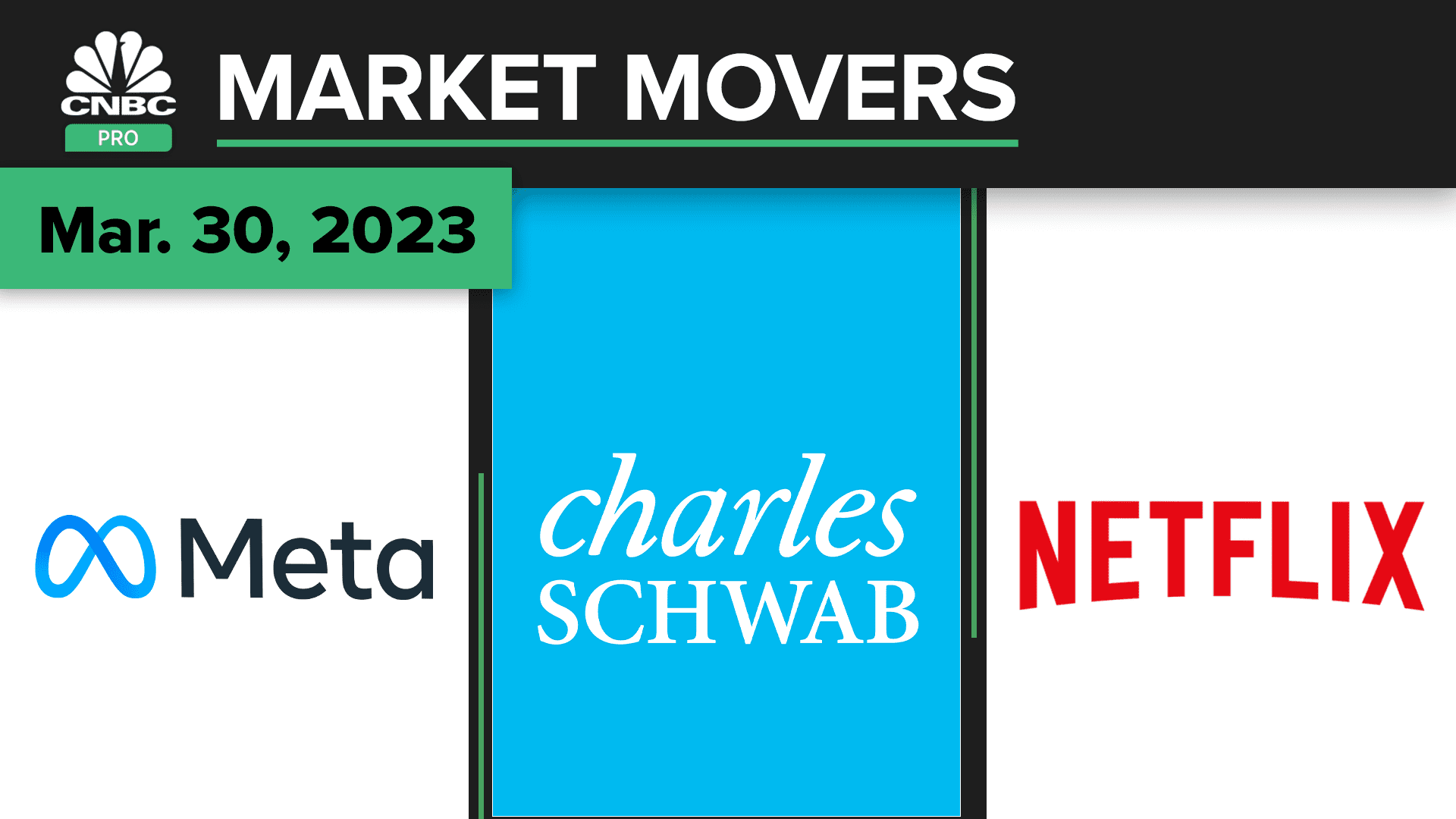Artificial intelligence (AI) is at an inflection point, creating new possibilities for innovation and automation in numerous industries. With the ability to analyze massive amounts of data, recognize patterns and learn from experience, it has the potential to revolutionize the way we work and live. According to PwC, it could contribute $15.7 trillion to the global economy by 2030. As a result, there will be a massive tailwind for AI tech stocks that provide the necessary tools and infrastructure.
As broad AI adoption accelerates, businesses are using large language models (LLMs) and generative AI to transform their operations. In data analysis, machine learning algorithms can now identify patterns and trends faster than human analysts.
For instance, in healthcare, AI models are fast tracking the development of new treatments, providing quicker diagnosis and improving patient outcomes. Similarly, autonomous AI-powered robots and systems can perform complex tasks by learning from experience and making decisions based on real-time data. For this reason, AI will revolutionize transportation, logistics and manufacturing industries where autonomous systems can improve efficiency, reduce costs and increase safety.
Developing, training, managing and improving LLMs and machine learning algorithms requires high-performance chips and resources. Therefore, as AI adoption increases, AI tech stocks will be key beneficiaries.
Microsoft (MSFT)
While the Redmond-based technology behemoth is known for its traditional businesses, such as Windows and Office, it has made significant investments in AI in recent years.
Microsoft’s (NASDAQ:MSFT) AI research division, Microsoft Research, has made significant contributions to the field of AI. For instance, it developed the deep learning framework CNTK (Microsoft Cognitive Toolkit). Furthermore, the company is partnering with leading innovators in the field. The latest example is a collaboration with OpenAI to introduce a more powerful large language model to Bing search.
Currently, the company offers a range of AI-related products and services. An example is Cognitive Services APIs, featuring decision-making, speech, vision and language AI models, which allow developers to add AI capabilities to their applications. Recently, through Microsoft365 Copilot, it has also integrated AI capabilities into its Office productivity tools. By embedding the power of LLMs into Word, Excel, PowerPoint, Outlook and Teams, its users will improve their productivity.
In addition to its AI-related products, Microsoft will benefit from the growth of AI in the cloud computing industry. The company’s cloud computing platform, Microsoft Azure, provides the best AI supercomputing infrastructure to train models. Also, their Azure Machine Learning platform helps businesses build, optimize and scale high-quality models for their applications.
Finally, considering its breadth of investments in AI solutions, including Dragon Ambient eXperience for clinical note-taking, GitHub Copilot and Azure are set for growth in the coming years. Meanwhile, as the AI revolution plays out, Microsoft’s established business segments will continue to gush free cash flow. Moreover, as one of the only two AAA-rated companies, it is one of the safest stocks to invest in.
Alphabet (GOOG, GOOGL)
Alphabet (NASDAQ:GOOG, NASDAQ:GOOGL), the parent company of Google, is a technology giant with a market capitalization of over $1.2 trillion. Although there are concerns due to the competitive threat from ChatGPT, Google’s AI research division, Google Brain, has been at the forefront of AI research for years. The company’s deep learning models, like LaMDA have made significant advancements in computer vision, speech recognition and natural language processing.
Google has made AI a core part of its products, including Google Assistant, Google Maps, YouTube and Google Photos. For instance, it uses AI in YouTube’s video recommendation engine and to maximize return on investment (ROI) for advertisers.
Beyond AI research and development, Alphabet is also well-positioned to benefit from the growth of the AI market. The company’s cloud computing platform, Google Cloud, is a major player in the cloud computing industry and offers a range of AI services, including pre-trained machine learning models that enable clients to customize their models.
As more companies adopt AI, demand for these services will likely grow, benefiting Alphabet’s bottom line. Meanwhile, the stock trades at a reasonable forward price-to-earnings (P/E) ratio of 19 and has $113 billion in cash on its balance sheet.
Nvidia (NVDA)
Nvidia (NASDAQ:NVDA) is the perfect pick-and-shovel play to participate in the AI boom. It is the leading manufacturer of graphics processing units (GPUs), which are critical components in developing and training AI models.
Nvidia’s chips power the most energy-efficient supercomputers used for quantum computing, climate science research, material science and molecular dynamic simulations. Many of the world’s leading AI researchers and companies, including Microsoft, Meta Platforms (NASDAQ:META), Amazon (NASDAQ:AMZN) and Google, use the company’s GPUs.
The company’s GPUs are particularly well-suited for deep learning, a type of AI that involves training neural networks on large datasets. LLMs train on thousands of GPUs. As demand for powerful AI services grows, this only means higher demand for its chips. As LLMs continue to process more data, they will need more computing resources. Besides having the best AI chips, Nvidia is also scaling its AI ecosystem CUDA, a range of software tools for deep learning that developers use to build and train AI models.
Its AI-related revenue has been growing rapidly, with the company’s data center segment (which includes AI-related products) growing by 11% year-over-year in the most recent quarter. The company is set to grow revenues in the coming years as AI chip demand increases and cloud service providers continue to sign multi-year agreements for the new Nvidia AI cloud service offerings.
On the date of publication, Charles Munyi did not have (either directly or indirectly) any positions in the securities mentioned in this article. The opinions expressed in this article are those of the writer, subject to the InvestorPlace.com Publishing Guidelines.
Charles Munyi has extensive writing experience in various industries, including personal finance, insurance, technology, wealth management and stock investing. He has written for a wide variety of financial websites including Benzinga, The Balance and Investopedia.












